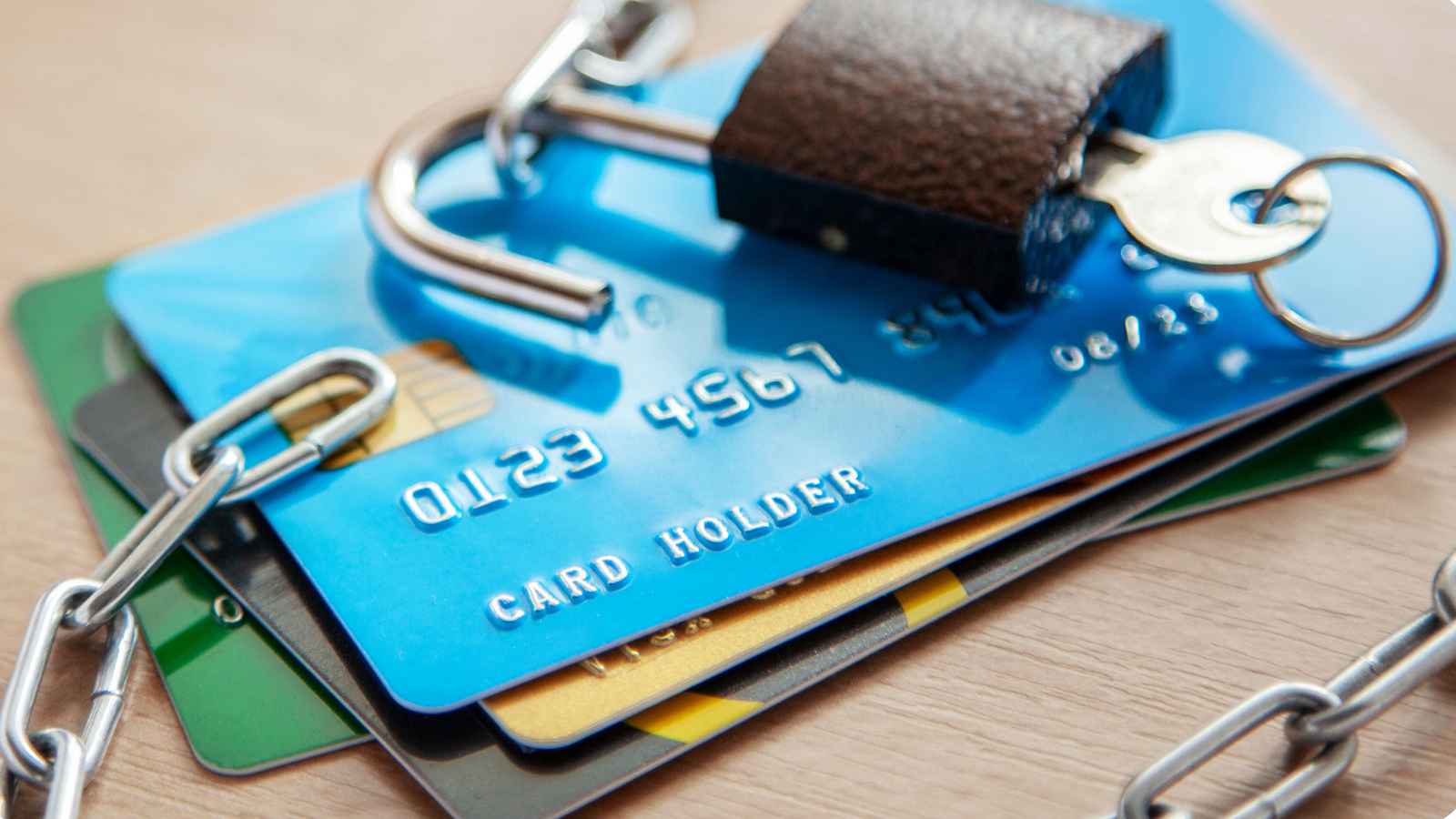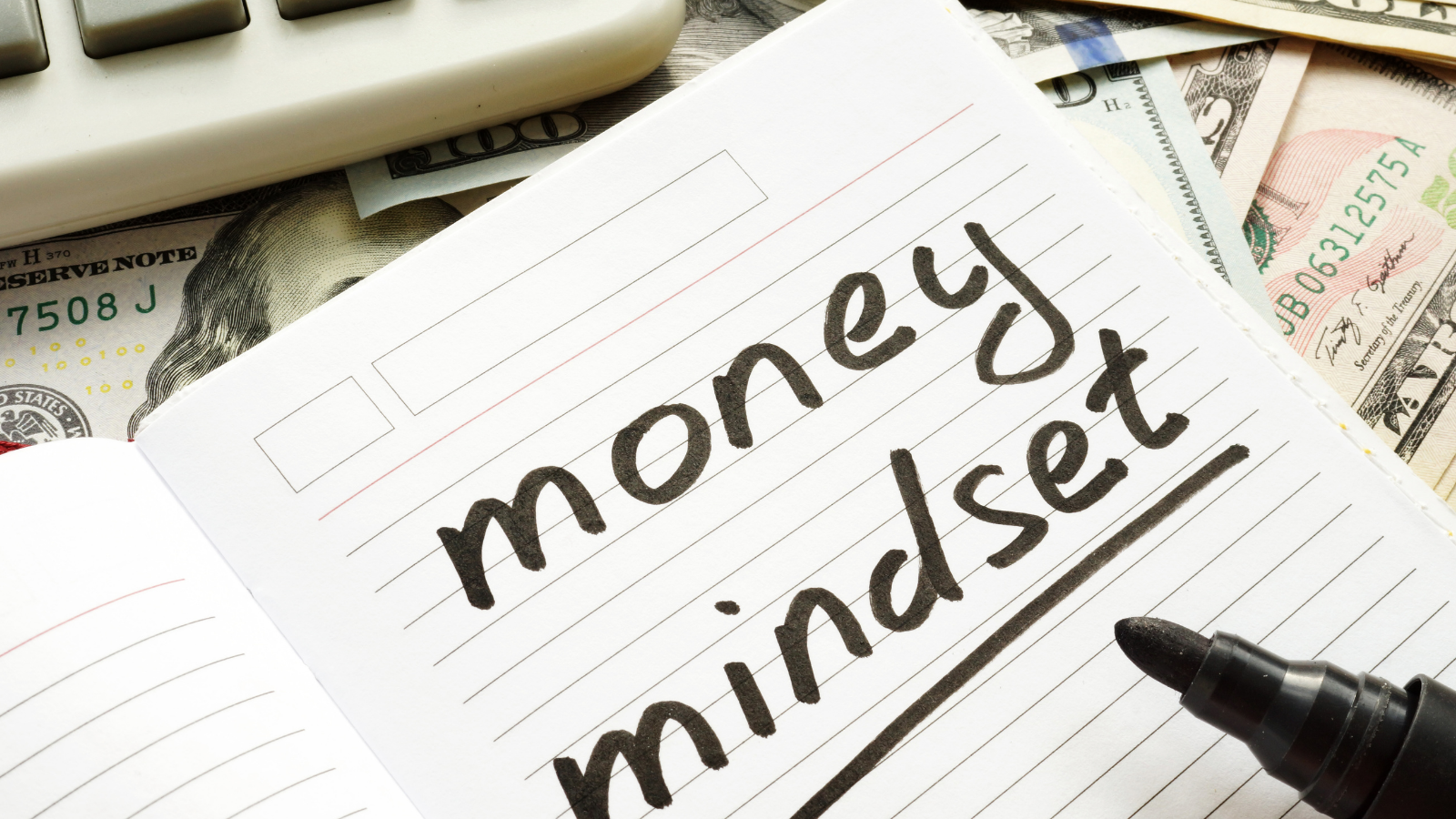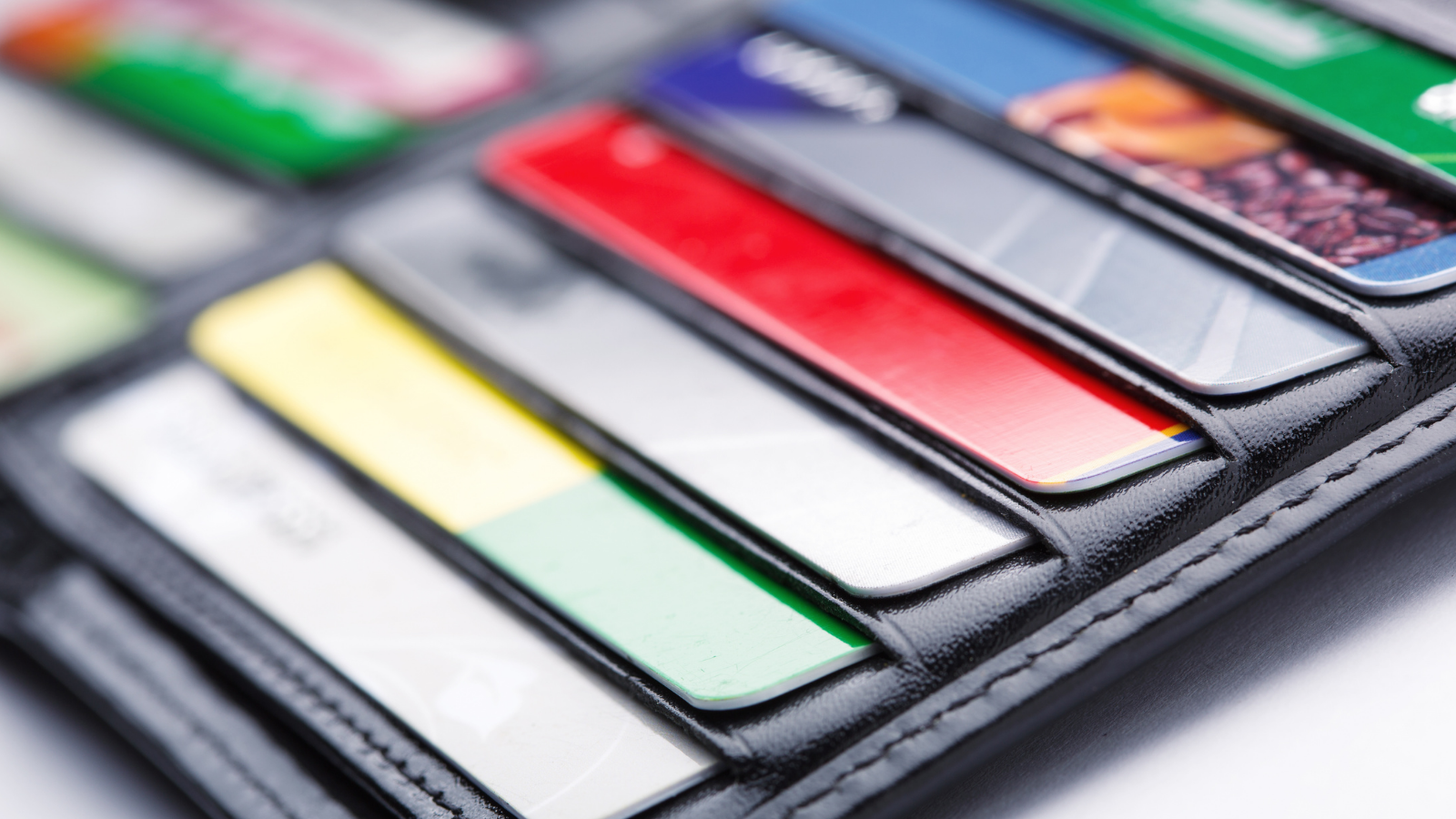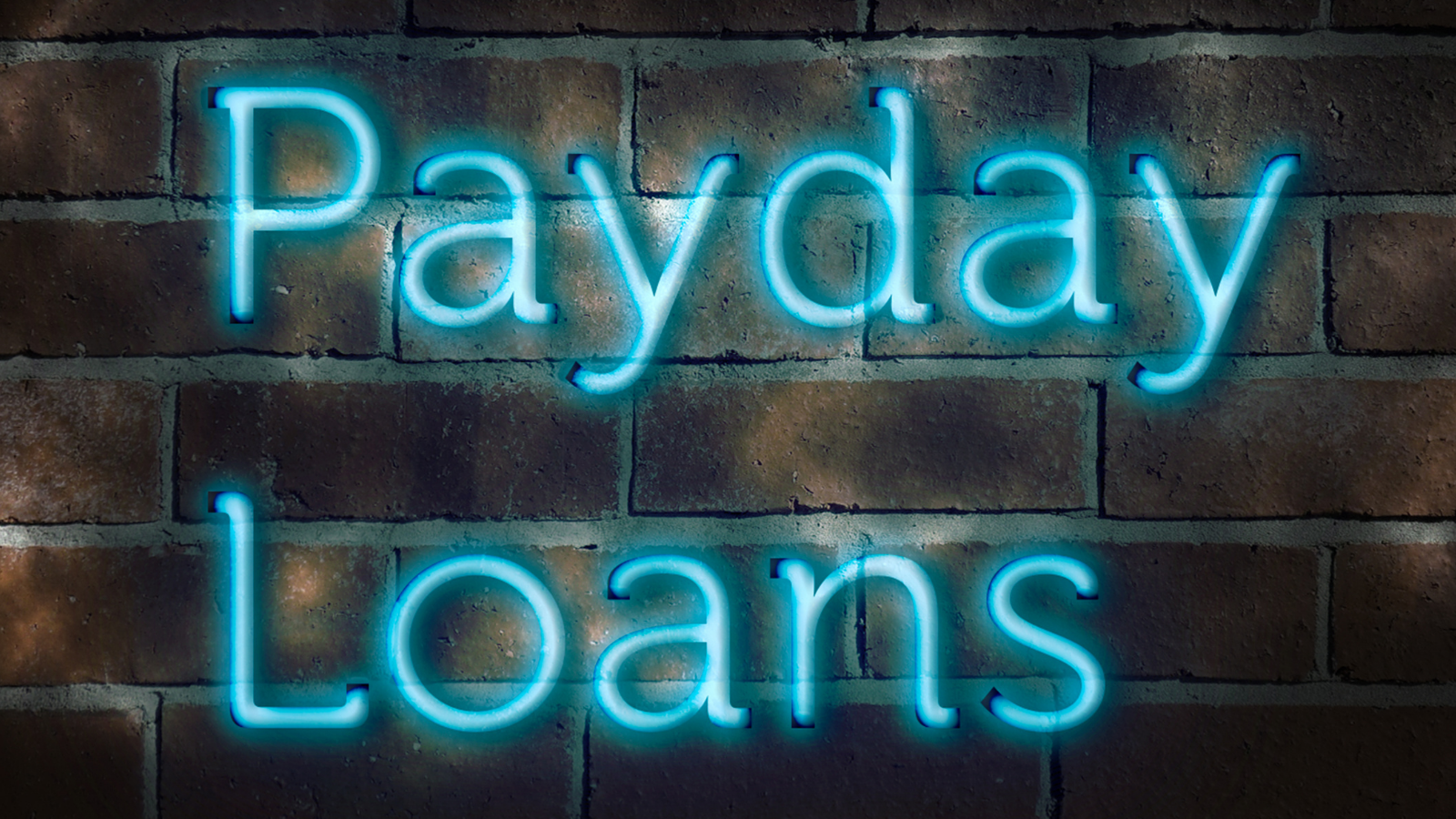You may be wondering what’s the difference between a debit and a credit card and which one of these cards is right for you and your needs.
You probably have an understanding of the basic difference between a credit card and a debit card. But they’re also easy to get confused because they both carry the famous VISA and Mastercard logos.
When you use a debit card, the funds for the amount of your purchase are taken from your checking account (your money) in almost real-time.
However, when you use a credit card, the amount will be charged to your line of credit (borrowed money), meaning you will pay the bill at a later date, which also gives you more time to pay.
It can often be complicated to decide when it is best to use each card. For everyday purchases, consider using your debit card because you will see the money taken out of your checking account right away.
For bigger items, such as a rental car or hotel room, you could use your credit card so that you can save up money by the time you have to pay. Plus, as you’ll learn shortly, many cards offer great rewards for making large purchases and then just pay it off before the end of the month.
Advantages of Having a Debit Card
Using a debit card removes money from your checking account to pay for your purchase. From a practical standpoint, it’s no different than writing a check. It’s just faster and easier.
Debit cards are similar to cash which can help you stay within your budget.
The proper use of a debit card has no impact on your credit report. In other words, using a debit card won’t build your credit score. Credit bureaus don’t have access to your debit card information. It’s not relevant to your credit report, since there’s no loan involved.
Some debit card companies are beginning to offer rewards. This is very similar to the well-known rewards of credit card companies. You can also often get cashback at points of sale.
There are no interest charges or annual fees. But you may be charged fees for withdrawing more than what’s in your account.
Advantages of Having a Credit Card
The appropriate use of credit cards can have a positive impact on your credit report. Using a credit card for purchases or paying bills can help your credit score if you always pay on time. Even one late or missed payment can dramatically lower your score. It’s also important to keep your balances below 30% of your credit limit.
Many cards offer rewards such as frequent flyer miles, cash back or gift cards.
Convenient for emergencies. Having a credit card is very useful and convenient when there is an emergency. If you suddenly need to pay for a repair in your house, you can put the charge on your credit card. In this case, you probably did not plan for this expense, so your credit card company will extend you credit until you pay the bill at the end of the month.
Credit cards give you extra time to pay for purchases. At the end of your monthly credit card cycle, you will receive a bill stating how much you owe for purchases made in the last 30 days. Depending on when you made the purchase, you have up to a few weeks to pay your credit card bill or simply make the minimum monthly payment.
A credit card is simply access to an unsecured loan. When you use your credit card, the card issuer is loaning you the money to pay your bill. This means that the credit card company can’t take your item from you if you fail to pay the way a bank can with a home or car. Those types of loans are secured with collateral. That’s why the interest rate for home and car loans is typically much less.
Related: How to Make Your Credit Card Work for You
Disadvantages of Having a Debit Card
The improper use of a debit card won’t damage your credit. Improper usage likely means that you’ve overdrawn your account. In this event, you won’t damage your credit score because this activity isn’t reported to the credit bureau but you will likely be charged a hefty fee.
If you make purchases with your debit card and goods are damaged, you likely need to deal with the merchant.
Disadvantages of Having a Credit Card
The improper use of a credit card, like making late payments, has the potential to seriously damage your credit score.
It’s very easy to abuse credit cards, so restraint is often needed to make wise spending decisions.
Credit cards aren’t free. Credit cards can come with a variety of fees. Annual fees are common. There are also penalties if you’re over your limit or pay your credit card bill late. If you don’t pay back the full amount each month, you’ll also be paying interest charges at a high-interest rate on your balance.
What About in Cases of Fraud?
If you’ve had your identity stolen or someone simply lifted your card from your open purse while shopping (this really happened to my mother) someone can quickly clean out your accounts. If you have a debit or credit card, they are handled similarly with a few distinctions.
Both types of cards limit your liability to $50. The law mandates that if you’re the victim of fraud, you should be compensated for anything beyond $50.
There is a key difference, however. Credit card companies provide a 60-day window for you to notice the fraud and provide notification. With a debit card, the window shockingly is only 2 days!
If you have a credit card, and someone steals your card and makes purchases, you don’t lose any money. It’s inconvenient, but you haven’t suffered a loss.
However, with a debit card, someone can clean out your bank account. It can take time to be compensated. You might be bouncing checks in the meantime, too.
Credit and debit cards both cost the merchant. One method card issuers use to make money is charging the merchant a fee, typically around 2%, every time a card is used. While cards are convenient, merchants actually make more money if you pay with cash.
So Which is Better – Credit Card or Debit Card?
With all the information shared here, you can see that each type of card has its perks and downsides. I like to think of these types of cards as slightly different tools to use at the right times.
Using a debit card is free and you are using your own money so if you follow a monthly budget and savings plan it’s pretty easy and convenient to use a debit card for everyday use.
However, credit cards can be wonderful for your credit score and tend to provide better rewards and are often the best solution for emergencies or paying for vacations and other large purchases.
It’s not necessary to choose one or the other but use each one to your own advantage.










